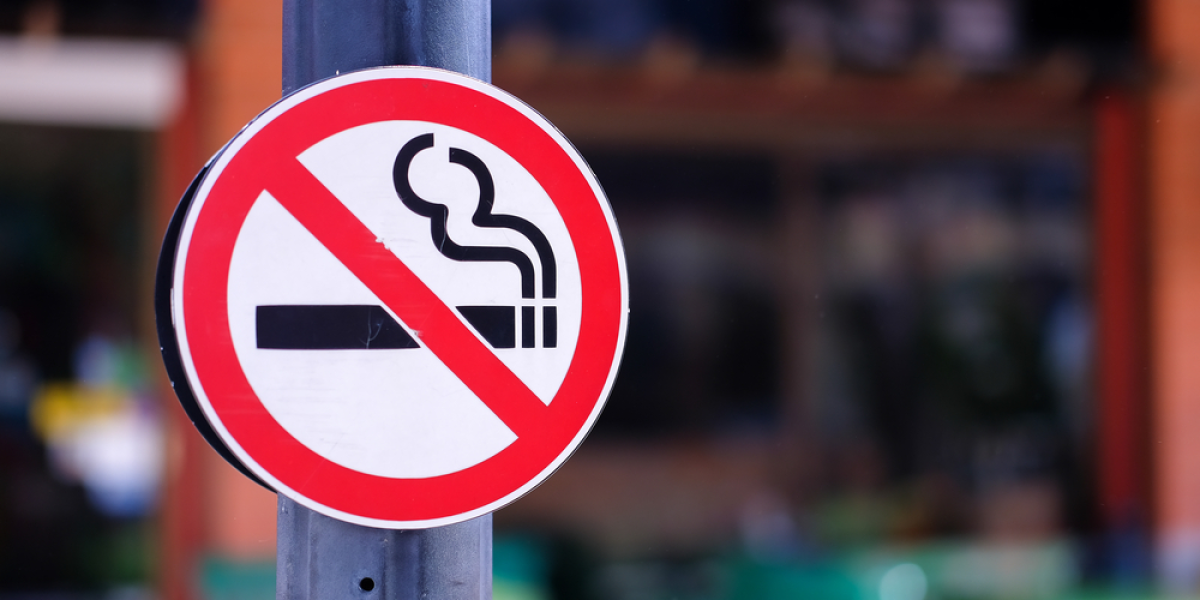
Since the early 2000's there has been an international move towards eradicating smoking, and this has come in the form of different types of bans and regulations surrounding the sale and packaging of cigarettes. On World No Tobacco day, we look at some of the different laws around the world that aim to help prevent the damage caused by smoking.
The countries with the strictest anti-smoking laws
Ireland was the first country in the world to introduce a complete ban on smoking in public workspaces in 2004. As a result of this, smoking in restaurants, bars, office buildings, etc. was effectively banned. There is also a ban on smoking in so-called 'common areas' of buildings, including apartment blocks.
Australia is known for its tough anti-smoking legislation that seeks to not only discourage smokers, but also minimise the impact on non-smokers. There are laws dictating the distance from public buildings, playgrounds and public transport hubs that smokers need to be. Smoking is also banned on many of Australia's beaches, as well as in cars carrying children. The cigarette packets themselves are covered in large, graphic pictures warning the effects of smoking, and there is a high price attached to tobacco products.
Since 2007, it has been illegal to smoke in enclosed work spaces in the UK, similar to the legislation brought into force in the Republic of Ireland several years earlier. The UK has continued to strengthen its anti-smoking laws with shops having to remove cigarettes from display in 2015, and the phasing out of branding on packaging as well as the cessation of selling small packs of cigarettes coming into force in 2017/2018. There are also longer term plans to remove menthol cigarettes from circulation.
Countries trying to make a change
Austria is one of the few countries in Western Europe where smoking indoors in restaurants and cafes is still the norm, despite being otherwise banned in public places. Furthermore, the law seems to be loosely enforced, resulting in a smoking culture that other European countries would find reminiscent of life nearly twenty years ago. Currently, there is a ban that is intended to come into force in 2018 that would completely ban smoking in restaurants and cafes, however it has already seen a delay as it was due to come into effect in 2015.
Due to host the Olympics in 2020, Japan is facing the prospect of a smoking ban in the near future, however the tobacco lobby is strong in the country and the government has a significant stake in Japan Tobacco, which remains a strong lobbying power. Currently, Japan is as very smoker-friendly society, with smoking being banned in very few places, and cigarettes remaining far more affordable than other countries that have taken a more hard line approach.
China has historically had a very high number of smokers, and, in an apparent attempt to reduce the number of Chinese smokers, the government has introduced a ban on smoking in public places. However, this doesn't include bars and restaurants, for example, and, like Japan, China is arguably still somewhat at the mercy of the tobacco lobby. How successfully this ban and any others will be implemented in areas outside of the major cities is yet to be seen.
The Czech Republic has had a fairly lax approach towards smoking, particularly in comparison to many other EU countries. However, the country is now introducing stronger anti-smoking measures in order to ban smoking in pubs, bars and restaurants. Previously, restaurants may haven voluntarily adopted a no-smoking policy, but, for the most part, smoking was permitted in a smoking area.
Where you can still light up
Indonesia sells cigarettes at astonishingly low prices and is one of the few places that continues to permit advertising by tobacco companies, though this is regulated (with images of cigarettes themselves, for example, being forbidden). The country has a large number of smokers, and, despite some regulations in place, there is little enforcement of existing laws and seemingly no new laws on the horizon.
Greece has some strict laws comparable to its western European counterparts, regarding smoking, however enforcement is altogether another matter. Smoking in cafes and restaurants is the norm, despite being technically against the law. Here, the pervasive nature of smoking culture and lack of government desire to enforce the laws in place have inadvertently resulted in a smoker-friendly country.



















